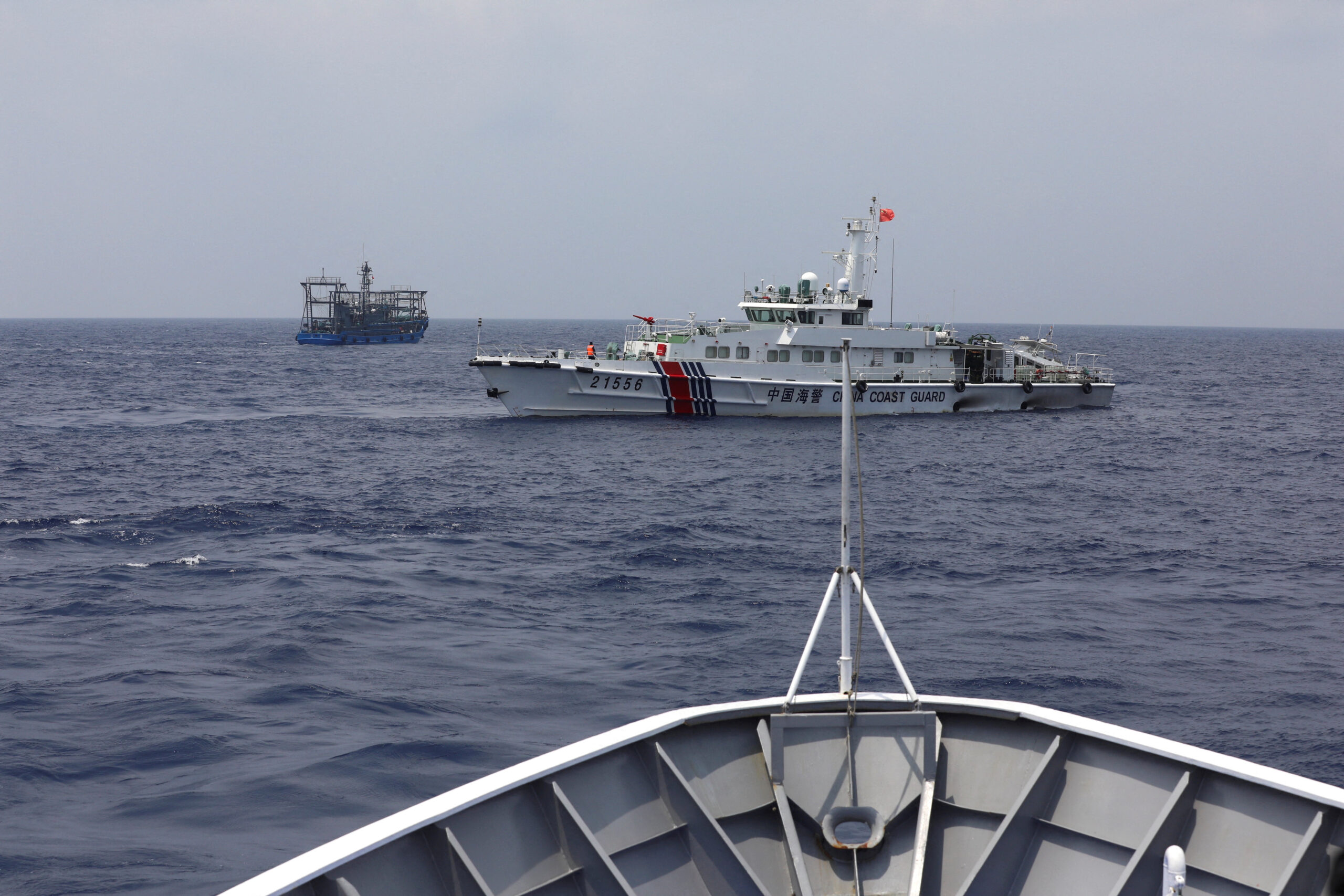Longevity, influence and the social media trap: Who do we trust with our health?
In a world where six-pack abs are flaunted more than six-point health plans, who are we really trusting […]

President Ferdinand Marcos Jr.’s upcoming visit to Hanoi is anticipated to lead up in the signing of a maritime cooperation agreement between the Philippines and Vietnam. This move is viewed as an effort to establish a unified stance among nations embroiled in territorial disputes with Beijing over segments of the South China Sea.
The memorandum of understanding (MOU) regarding maritime cooperation between the coast guards of the Philippines and Vietnam aims “to enhance comprehension, mutual trust, and confidence in collaboration toward the advancement, conservation, and safeguarding of their shared interests in the Southeast Asian region,” as stated in the final draft of the MOU obtained by our sources.
This agreement will empower both nations to more effectively handle conflicts in disputed waters and engage in activities “in line with the principles of international law, the respective national laws, and international conventions adhered to by both Vietnam and the Philippines.”
President Marcos is scheduled to visit Vietnam next week, marking his first international trip of the year, as both countries endeavour to fortify their strategic partnership.
In response to tensions with China, the Philippines has been expanding its network of alliances with other Asian nations, drawing criticism from Beijing.
Beyond maritime concerns, the Philippines and Vietnam are exploring ways to enhance collaboration in agriculture, culture, education, environment, information sharing, and people-to-people exchanges.
In the field of agriculture, an agreement for rice supply is expected to be signed between the Philippines and Vietnam during President Marcos’s visit. Agriculture Secretary Francisco Tiu Laurel Jr. underlined that the deal “essentially ensures a continuous rice supply, even in disaster situations.”
During the farewell call of the departing Vietnamese Ambassador to the Philippines, Hoang Huy Chung, in August of the previous year, President Marcos underscored the imperative for the two nations to collaborate amidst escalating aggression from Beijing in the South China Sea.
Marcos asserted that a maritime agreement with Hanoi would constitute a “significant leap” for both countries, introducing an “element of stability” to the challenges arising in the South China Sea. He pointed out that the robust relationship between the two nations would facilitate the joint tackling of “common challenges,” particularly regarding the “territorial disputes in the South China Sea.”
Such a bilateral accord could also form the foundation for a unified approach alongside other members of the Association of Southeast Asian Nations (ASEAN), which has been engaged in discussions with Beijing regarding a code of conduct seen as pivotal in alleviating tensions in the South China Sea.
President Marcos had previously voiced frustration over the sluggish progress in the negotiations between the regional bloc and China.
Both the Philippines and Vietnam are among the claimants in the South China Sea, along with Brunei, Malaysia, and Taiwan. Despite this, China asserts near-complete sovereignty over the entire strategic waterway.
A 2016 ruling by an arbitration tribunal in The Hague rejected China’s expansive claims in the South China Sea; however, Beijing continues to disregard the decision.

In a world where six-pack abs are flaunted more than six-point health plans, who are we really trusting […]

In the era of social media, post-COVID, and with mental health at the forefront, a shift is taking […]